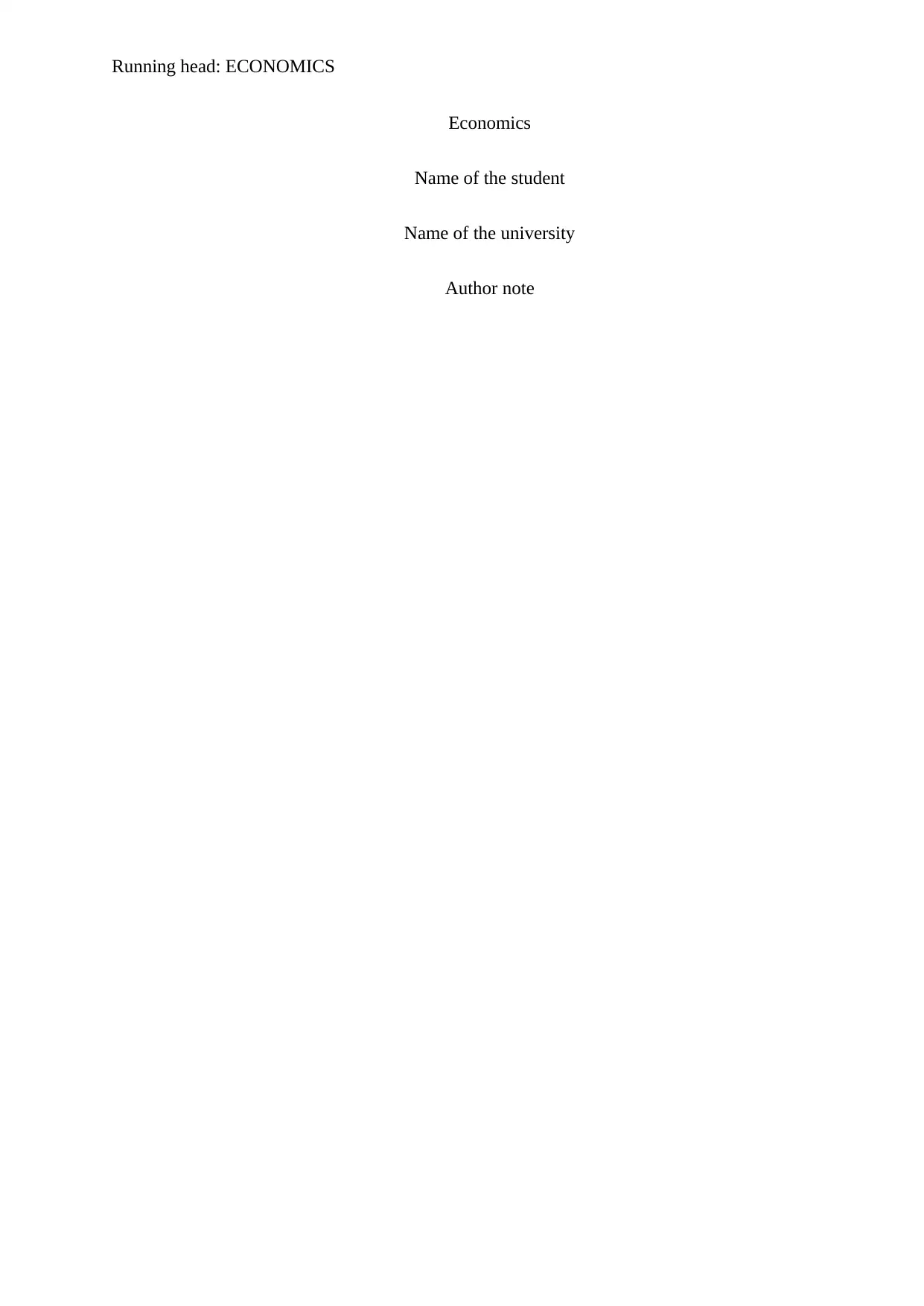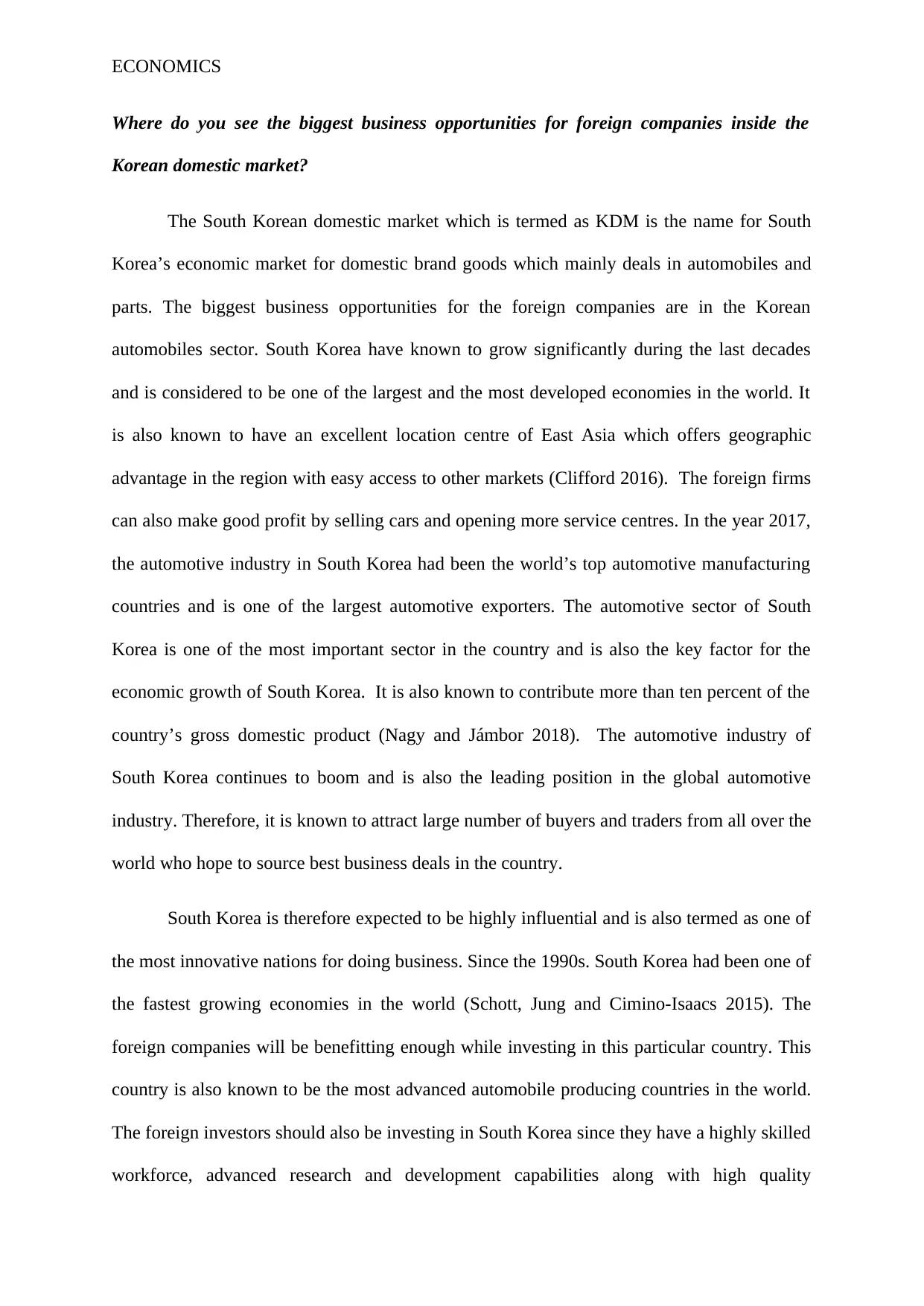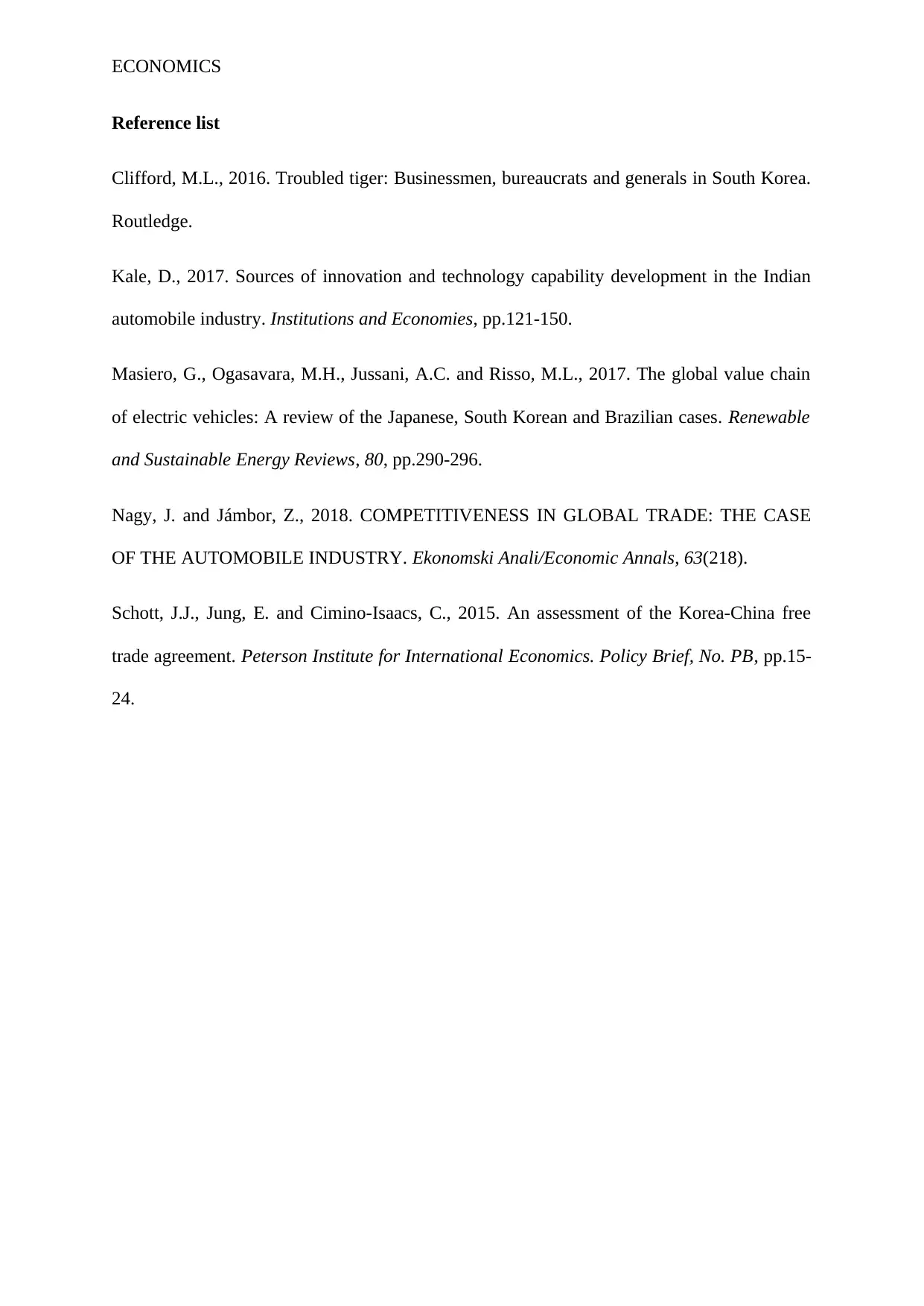The Korean Domestic Market: Opportunities for Foreign Companies
VerifiedAdded on 2023/01/19
|4
|593
|46
Report
AI Summary
This report analyzes the South Korean domestic market, focusing on opportunities for foreign companies. It highlights the automotive industry as a key sector, emphasizing its contribution to South Korea's economic growth and its appeal to global investors. The report discusses the country's advanced manufacturing capabilities, skilled workforce, and robust infrastructure as factors that attract foreign investment. It also references academic sources to support its claims. The report emphasizes the importance of the Korean domestic market and its potential for significant returns on investment. It discusses the benefits of investing in South Korea, highlighting the country's strong economy and innovative environment. The report concludes by underscoring the attractiveness of the South Korean market for international businesses.
1 out of 4











![[object Object]](/_next/static/media/star-bottom.7253800d.svg)